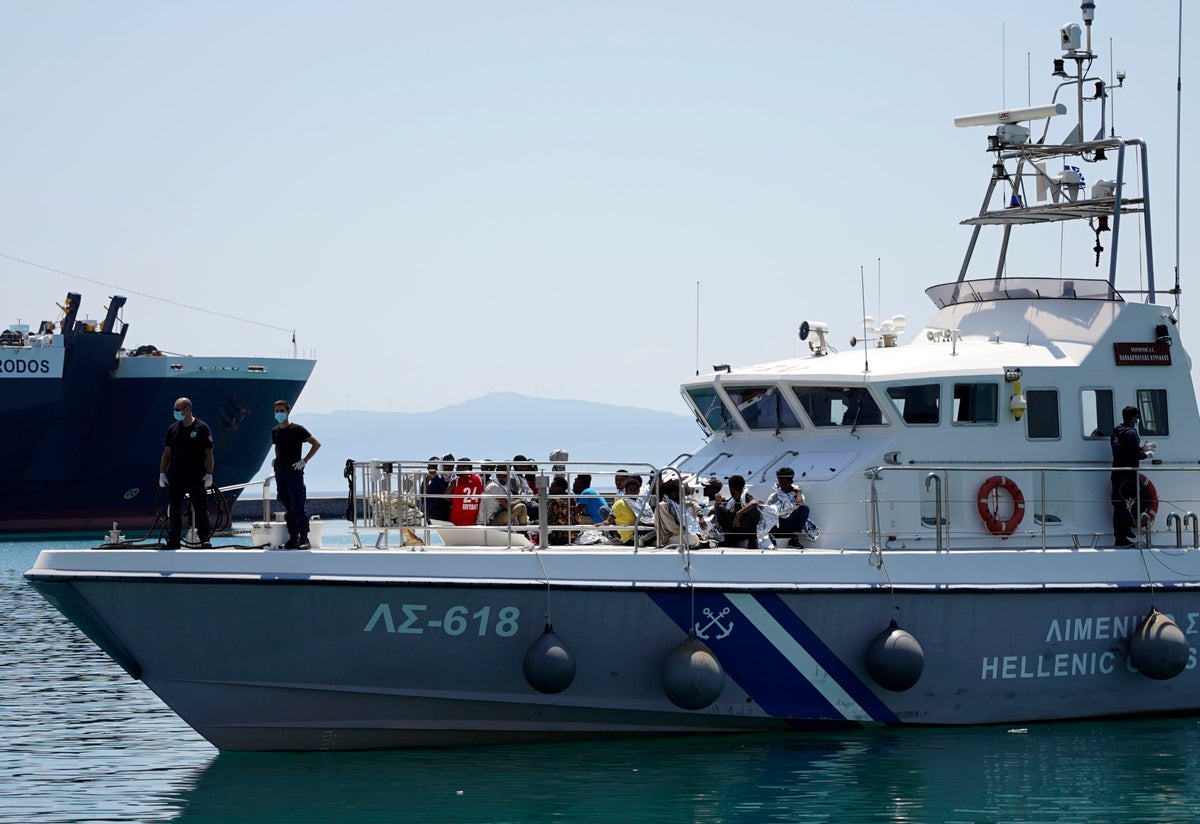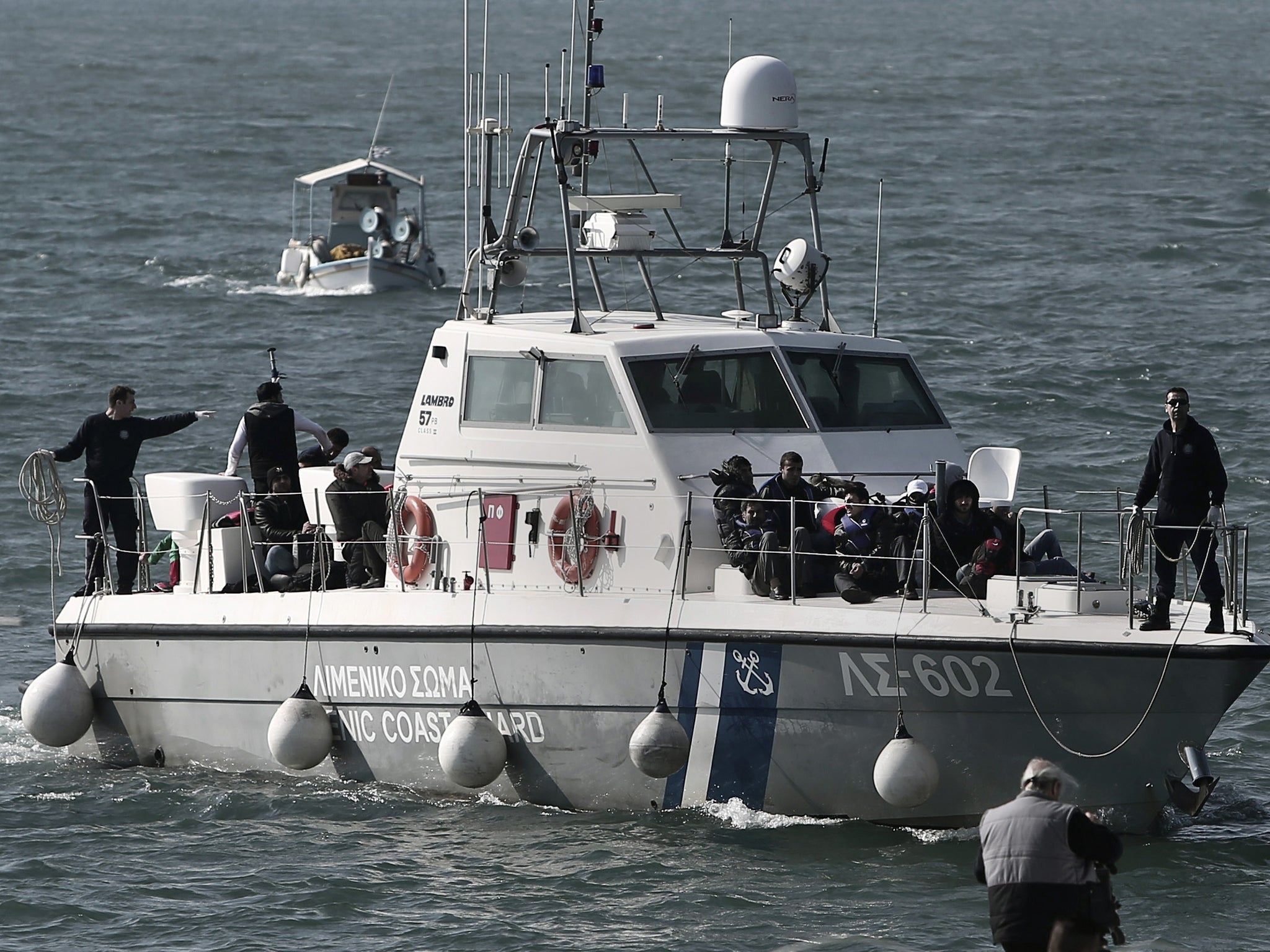
The Greek authorities acted unlawfully in failing to protect refugees who perished in a mass drowning in the Aegean Sea that left 11 people dead, a court has concluded in a landmark ruling.
The European Court of Human Rights (ECHR) also found that Greek officials unlawfully subjected 12 of the survivors to degrading treatment by strip-searching them when they reached land, and failed to carry out an effective investigation into the circumstances in which the boat had sunk.
On 20 January 2014, 11 Afghans, including eight children, lost their lives when the small fishing boat they were in sank near Farmakonisi, a small island in the southeastern Aegean Sea.
The 16 survivors – comprising 13 Afghan nationals, two Syrian nationals and a Palestinian national – claimed that the Greek coastguard sank the boat when they towed it at high speed towards Turkey, in what is known as a pushback operation.
The authorities deny this, claiming that the boat was being towed towards the island of Farmakonisi in order to rescue the migrants, and that it capsized because of panic and sudden movements among those on board.
The ECHR published its judgment on Thursday morning, finding that the Greek authorities violated the refugees’ human rights on three counts: by failing to protect them, by failing to conduct an adequate investigation and by subjecting them to degrading treatment.
The court raised concern about the time it took for the authorities to call for additional help to save lives. It said there was a “significant delay” in the mobilisation and arrival of the available rescue resources.
A rescue helicopter wasn’t requested until 2.29am despite the boat having sunk by 2.16am. The provision of a naval vessel was not requested until 2.45am.
A press release from the ECHR said: “The court noted that the government had not provided any explanation as to the specific omissions and delays in the present case and that serious questions arose as to the manner in which the operation had been conducted and organised.”
The court also noted that, on arriving in Farmakonisi, the applicants concerned had remained under the control of the authorities, were taken to an open-air basketball court and ordered to undress, before being subjected to a body search in front of the other survivors and a group of soldiers. This included being asked to bend forward and turn around.

Given that the survivors had just escaped from a sinking boat and some of them had lost their relatives, they had “undoubtedly been in a situation of extreme stress and had already been experiencing feelings of intense pain and grief”, the court said.
It concluded that the search could have caused these applicants to experience “feelings of arbitrariness, inferiority and anxiety resulting in a degree of humiliation” amounting to degrading treatment within the meaning of Article 3 of the European Convention on Human Rights.
The court also found that the Greek authorities failed to conduct an adequate investigation into what happened by failing to pursue “obvious lines of inquiry”, thus “undermining the ability of the investigation to determine the exact circumstances in which the boat had sunk”.
Greece has been ordered to pay a total of €330,000 (£279,000) in respect of the non-pecuniary damage sustained by the applicants, broken down as €100,000 to one of the applicants, €80,000 to three of the applicants jointly, €40,000 to another of the applicants and €10,000 to each of the remaining 11 applicants.
The charity Refugee Support Aegean described the ruling as “historic”, adding: “The judgment is a victory for human rights and the rule of law, thanks to tireless efforts from civil society and the legal community.”







